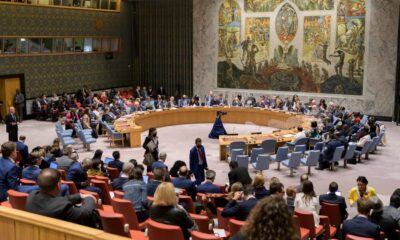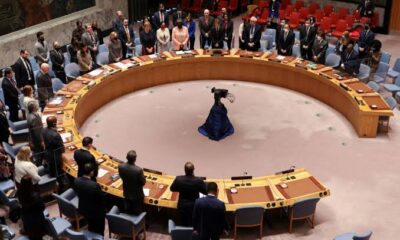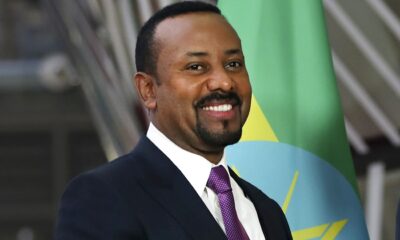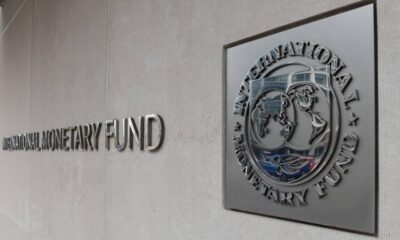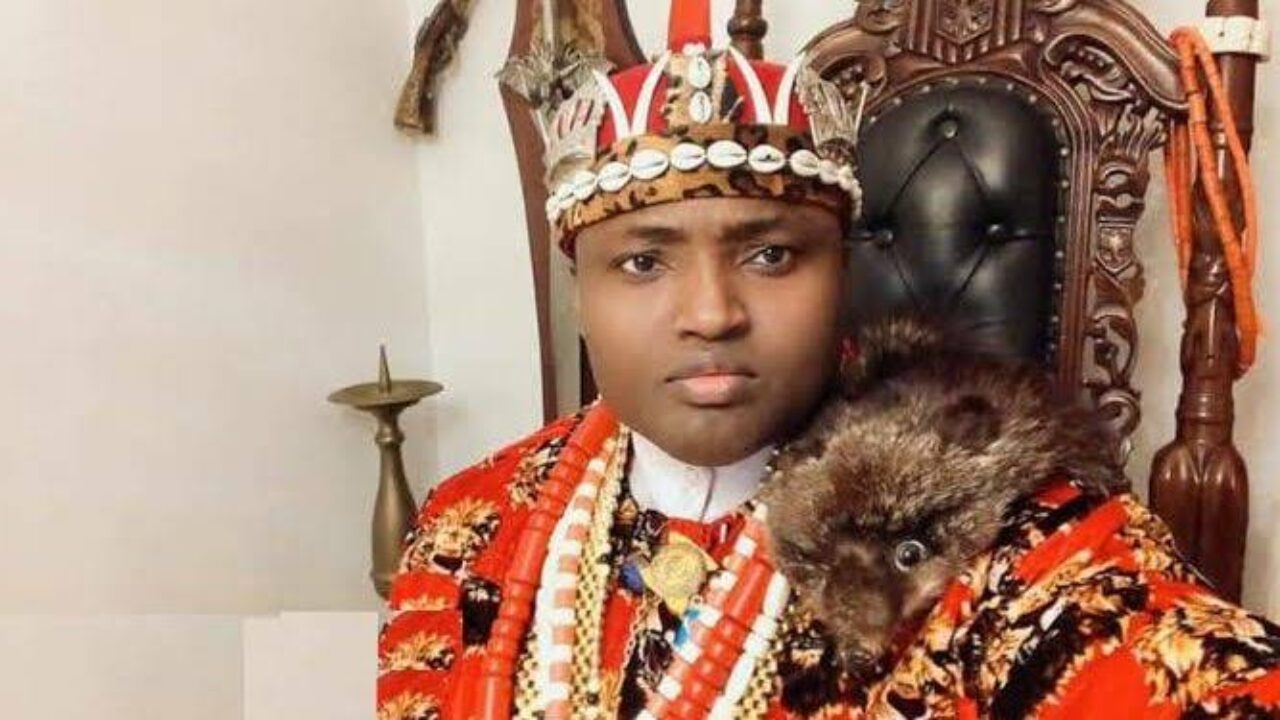United Nations-appointed investigators in Ethiopia Thursday warned about the likelihood of further humanitarian crises in the country.
The UN chief called for continued scrutiny of Addis Ababa’s human rights record as their work faced termination amid strong African-led opposition.
The Ethiopian government and the Tigray People’s Liberation Front (TPLF) in the northern region Tuesday agreed to a permanent truce to cease hostilities following the conclusion of a peace deal brokered by the African Union in South Africa.
Both sides accused one another of crimes against humanity, such as killings, rapes, and arbitrary detentions, but neither admitted to any systematic wrongdoing.
International Commission of Human Rights Experts on Ethiopia, in a report earlier in the week, said there had been attacks by the Eritrean Defense Forces (EDF) against civilians in Tigray that were “grave and ongoing.”
With the ongoing Human Rights Council meeting in Geneva, its two-year term is up for renewal, but no proposal has been made thus far due to what diplomats describe as considerable resistance, particularly from African members
In light of continued violations in the region, Mohamed Chande Othman, the chair of the Commission, warned the 47-member council that it would be “premature” to conclude its work.
“Failure to do so would not only be an abdication of the Council’s responsibility, it would send a devastating message to the victims and survivors of this conflict,” he said.
He told the Council that “…the situation in Ethiopia exhibits most of the indicators for future atrocities…” and accused Ethiopia of conducting “a deliberate effort to evade regional and international scrutiny”.
Meanwhile, Ethiopia’s ambassador, Tsegab Kebebew stated the commission had “grossly mischaracterized the good and largely acclaimed democratic advances in Ethiopia”.
The Tigray Region is the northernmost regional state of Ethiopia. The region is the homeland of the Tigrayan, Irob, and Kunama people.


 Metro1 day ago
Metro1 day ago
 Sports1 day ago
Sports1 day ago
 Culture1 day ago
Culture1 day ago
 Politics1 day ago
Politics1 day ago

